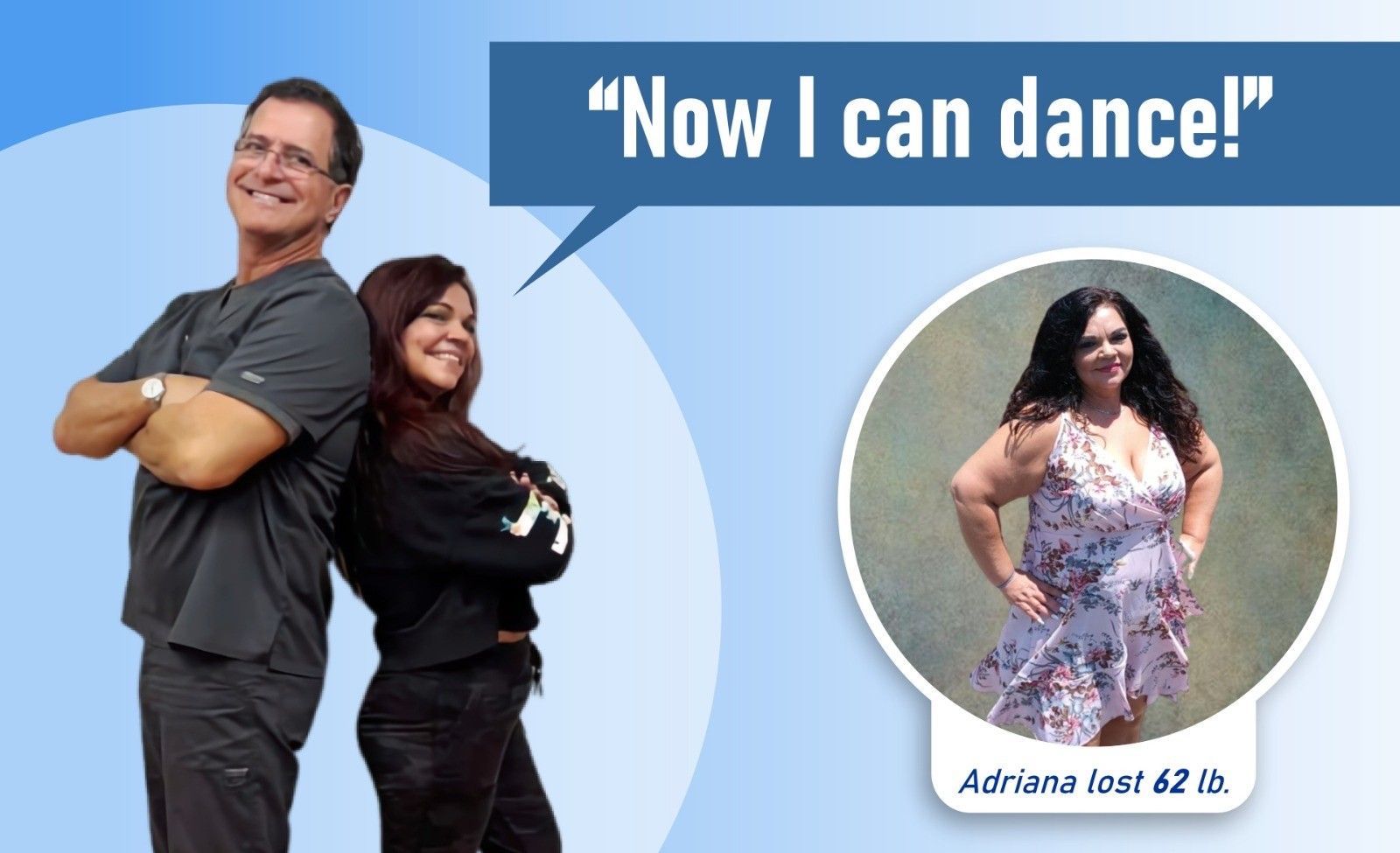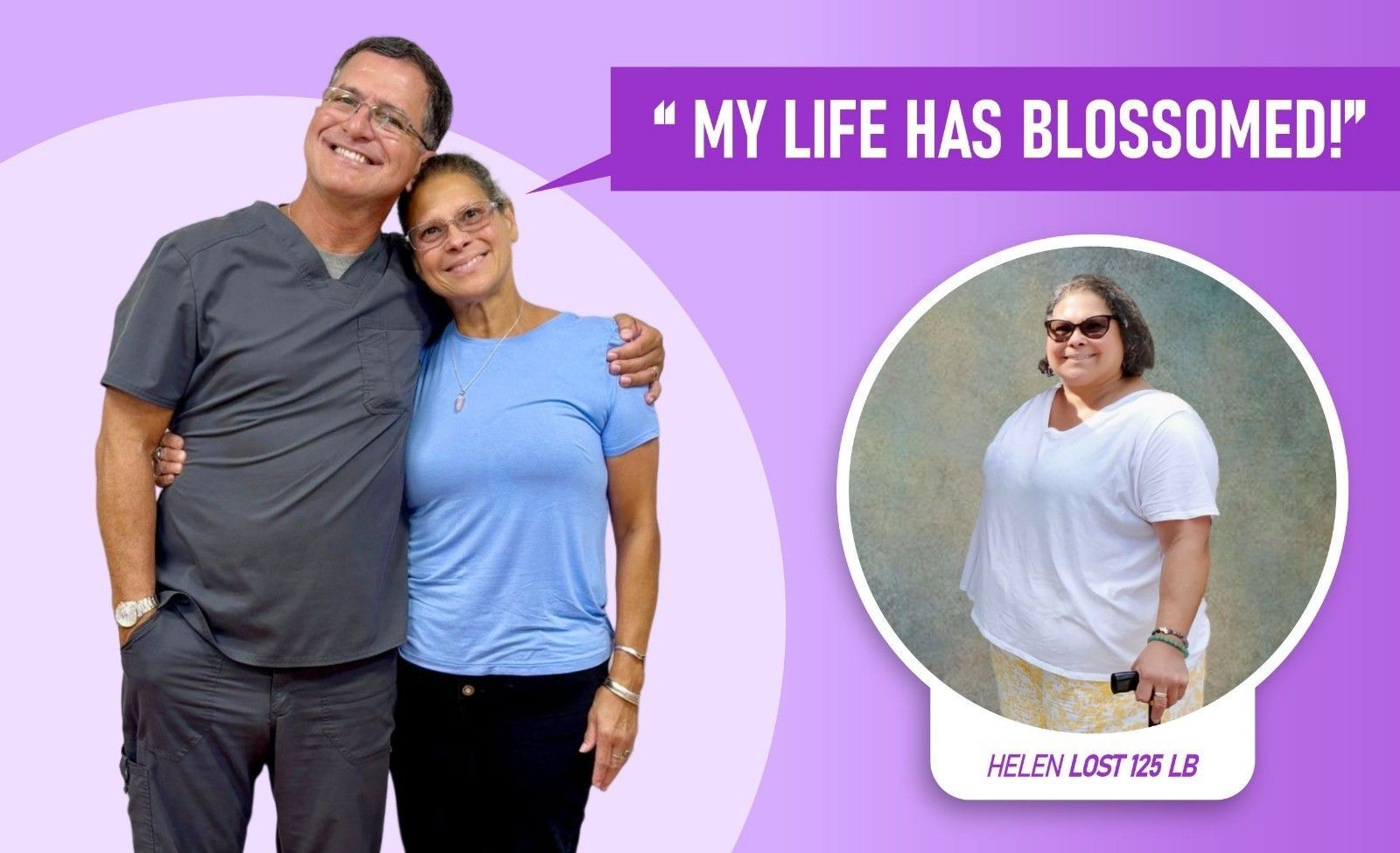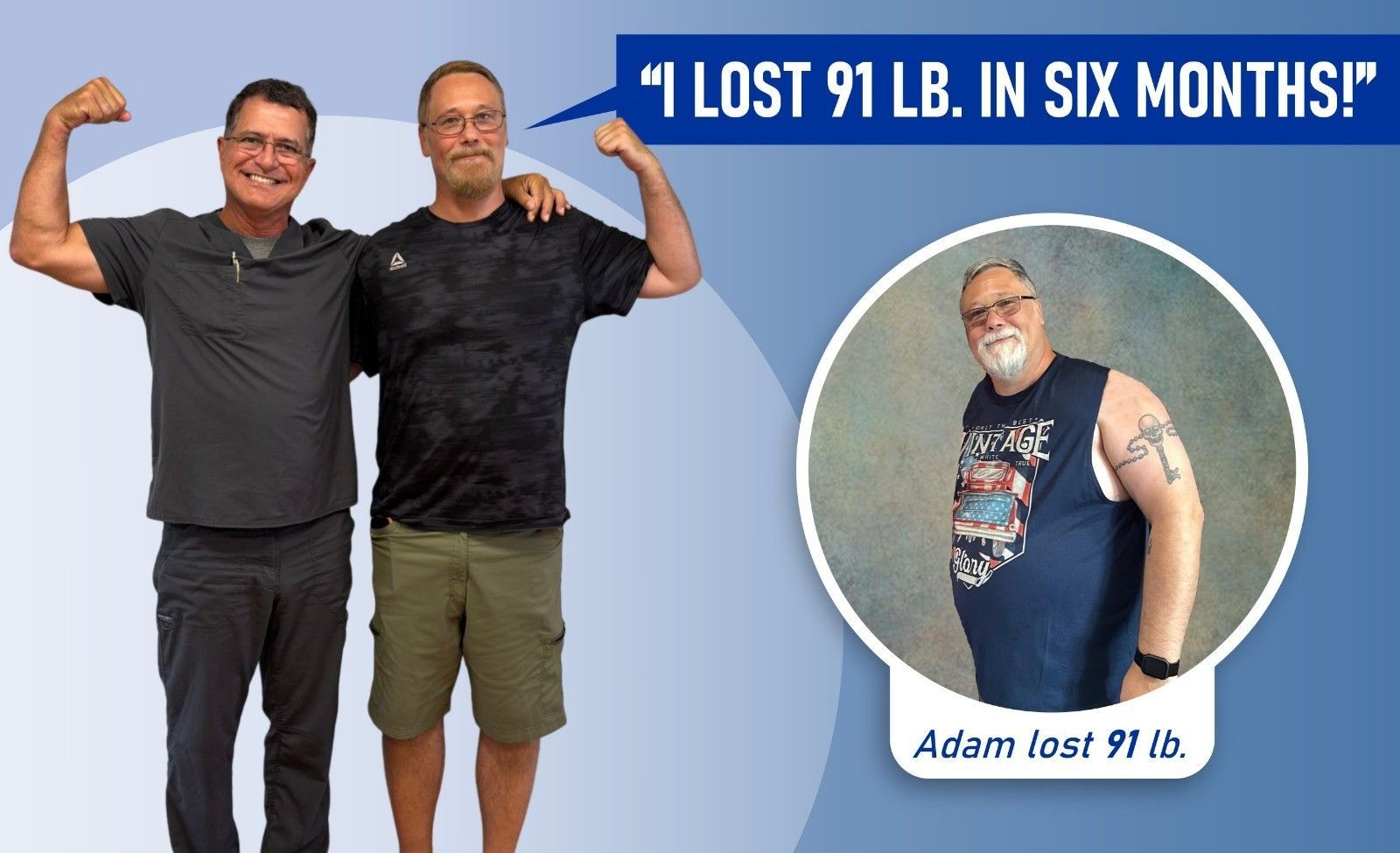Weight Loss Surgery in Jacksonville, Florida
Emotional Eating and Weight Loss
For many people, emotional eating is at the core of their weight gain. Emotional eaters, or people who turn to food to deal with emotions, tend to take in far more calories than they need because they’re using their emotions, rather than their body’s natural hunger, as their guide. Emotional eaters also tend to reach for foods that are high in fat, sugars, starch, and calories instead of healthier alternatives. Food that are high in carbohydrate can actually release endorphin, making you “feel” better. This works in the same principal as any other drug addiction. You know it is not good for you but you just can’t walk away from it. While weight loss surgery helps you to control physical hunger, it has very little effect if your eating is triggered by emotions. How can you stop emotional eating and the resulting weight gain?

List of Services
-
Identify Why You EatList Item 1
The first step to solving a problem is to clearly identify it. After your bariatric surgery, keep a food journal. In addition to keeping track of what you eat and when, write down how you’re feeling at the time. Do you notice that you tend to eat when you’re stressed? Are you eating a lot when you’re lonely or bored or sad? Using a food journal can help you recognize the patterns of emotional eating and specifically identify which emotions cause you to eat.
-
Develop New Coping Mechanisms
Once you’ve identified why you’re eating, the next step is to find an alternative to food for dealing with your emotions. The healthy alternative that is right for you will depend, in part, on which emotions you’re experiencing.
- If you’re lonely, consider picking up the phone to reconnect with an old friend or attending a bariatric surgery support group to meet other people who can help you.
- If you’re stressed, experiment with deep breathing techniques or meditation exercises. Plain walking will also assist in dealing with stress or depression.
- If you’re depressed, try writing about your feelings or talking to a professional about ongoing depression.
- If you’re bored, make a list of activities that you might enjoy that don’t involve food, like reading a book or going for a walk. Get back to hobbies, such as puzzles, airplane models, stamp collection, etc.
-
Seek Out Help
You may find that practicing deep breathing or addressing your emotions on your own aren’t enough. If you’re struggling to deal with unresolved anger, anxiety or depression, consider enlisting the help of a counselor, support group or medical professional experienced with bariatric surgery patients to help you tackle any underlying issues. Remember, you are not alone. There is a group of people that probably has experienced or understands the same things you are going through.
Health Issues After Surgery Resources
Patient Success Stories







